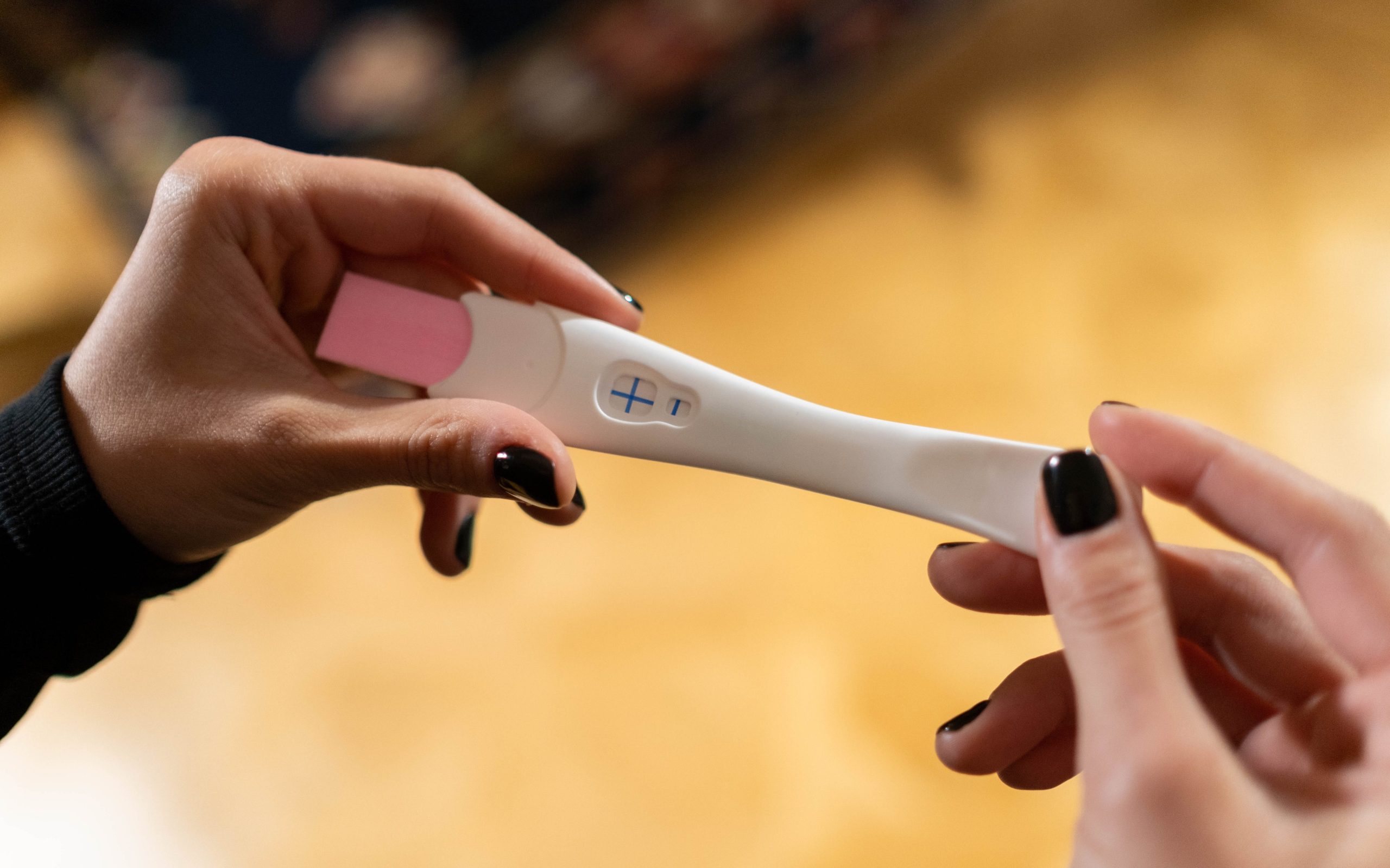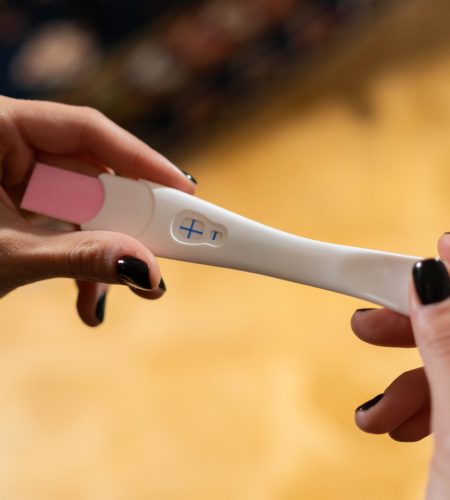
What happens during week 2?
During the second week of pregnancy, the journey towards conception and early development continues. Here’s what happens during week 2:
- Ovulation: In most cases, ovulation occurs around the middle of the menstrual cycle, approximately two weeks after the first day of the woman’s last period. During ovulation, the ovary releases a mature egg into the fallopian tube, where it awaits fertilization by sperm.
- Fertilization: If sexual intercourse occurs during the fertile window and sperm is present in the woman’s reproductive tract, fertilization can take place. A sperm cell must successfully penetrate the egg’s outer layer to create a zygote.
- Zygote Development: After fertilization, the zygote begins to undergo rapid cell divisions as it travels down the fallopian tube towards the uterus. During this journey, the zygote becomes a blastocyst.
- Implantation: Towards the end of week 2 or the beginning of week 3, the blastocyst reaches the uterus and seeks to implant itself into the uterine lining. Successful implantation is essential for the continuation of the pregnancy.
- Hormonal Changes: After implantation, the body continues to produce human chorionic gonadotropin (hCG), the pregnancy hormone. The levels of hCG increase as the pregnancy progresses, and it is this hormone that is detected by pregnancy tests.
- Signs and Symptoms: During week 2, most women still won’t experience any noticeable pregnancy symptoms. Any signs that might be noticed during this time would likely be related to the woman’s regular menstrual cycle or not related to pregnancy.
- Monitoring Ovulation: For women who are trying to conceive, tracking ovulation and knowing the fertile window can be helpful. Methods such as charting basal body temperature, using ovulation predictor kits, or monitoring changes in cervical mucus can assist in identifying the best time to try for pregnancy.
It’s important to note that during the first two weeks of pregnancy, the woman is not technically pregnant. The pregnancy is dated from the first day of the last menstrual period for practical purposes, as it is often challenging to pinpoint the exact moment of conception. As the journey continues, the embryo will undergo significant development, and by the end of week 4, the baby’s neural tube will start forming. If a woman suspects she might be pregnant, she can take a pregnancy test a few days after a missed period to confirm the pregnancy.


Comments